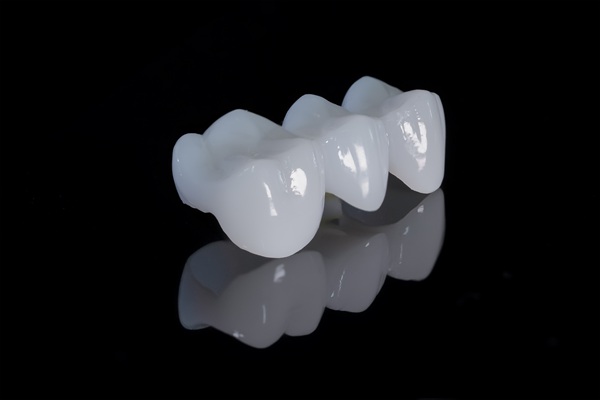Why go to an Emergency Dentist Instead of the ER?

If you experience a dental emergency like a knocked-out tooth or severe tooth pain, your best bet is to visit the emergency dentist. However, some people opt to visit the ER for such emergencies, eventually wasting time and money. It is more vital than ever to know where to go when you experience serious issues with your oral cavity. Continue reading to know what dental emergencies are and why you should reach out to the emergency dentist first before heading over to the ER.
Benefits of going to the emergency dentist
When dental emergencies occur, acting promptly can make a remarkable difference in the effort to restore a patient’s smile. However, this does not mean rushing to the local ER. There are many benefits to calling the emergency dentist, including:
Lower chances of getting sick: Both dental practices and the ER staff have significantly high sanitation standards to keep patients and staff healthy. However, compared to the ER, fewer people will be visiting the dental office for treatment, so patients have lower chances of encountering a sick and contagious person.
Less waiting period: Emergency room personnel will try to treat every medical emergency that comes through the door, so patients with a dental emergency might need to wait a while before meeting the doctor. Dental practices only attend to issues related to the oral cavity and usually have business hours set apart for emergency visits, so the dentist should be able to provide proper treatment immediately.
Reduce overcrowding: Hospital ERs are sometimes filled, with medical professionals working around the clock to provide treatment for emergency patients. Visiting the emergency dentist instead of the ER frees up the treasured time and effort of the medical staff and allows them to focus on these concerns.
Get specialized care
Probably the main reason not to go to the ER during a dental emergency is that patients may not get the care they need. The doctors in the emergency room may recommend antibiotics and pain relievers to provide temporary relief from pain or treat uncontrolled bleeding in the oral cavity and broken facial bones, but that is where it ends. They do not have the required training or experience to provide restorative dental care and handle issues like a cracked tooth or severe toothache.
Although a trip to the ER can help alleviate the symptoms related to the emergency, patients might not get a lasting solution to the underlying issue. Only a dentist has the training, experience and technology to provide proper treatment for those issues.
Contact the dentist in case of a dental emergency
Unless you experience trouble breathing or swallowing, you should contact the emergency dentist for treatment of cracked or broken teeth, knocked-out or dislodged teeth, severe toothache, severe bleeding from the gums and soft tissues and facial swelling, which may indicate signs of infection. If you experience a dental emergency, consider avoiding the ER and meet with dental professional for solutions.
Request an appointment here: https://fountaincitydental.com or call Dental Partners Fountain City at (865) 672-6525 for an appointment in our Knoxville office.Request an appointment here: https://fountaincitydental.com or call Dental Partners Fountain City at (865) 672-6525 for an appointment in our Knoxville office.
Check out what others are saying about our dental services on Yelp: Emergency Dentist in Knoxville, TN.
Related Posts
Knowing when you need an emergency dentist can help save teeth, preserve oral health, and prevent serious complications. From sudden tooth pain to dental trauma, understanding the signs that require immediate attention helps ensure timely and effective care. Learning more about the role of an emergency dentist can prepare patients to act quickly in critical…
Most people visit the dentist once or twice a year, but it is impossible to know when a visit to an emergency dentist might be necessary. These dentists work on issues that must be treated immediately and cannot wait for a scheduled appointment. For people who are experiencing an issue with their dentition, knowing whether…
There are many ways to keep your teeth bright, white, and healthy. However, you may see unfamiliar stains or shades on your teeth, making them appear gray. Fortunately, a general dentist can evaluate gray teeth by identifying the root cause of the change.It is common for teeth to change color, and it does not always…
Dental implants are the ideal solution for anyone looking to replace damaged or missing teeth. They are the top choice for patients who want the next best thing to real teeth and provide a permanent solution that can last a lifetime.Dental implants can be used to replace one or multiple missing teeth. They provide excellent…


